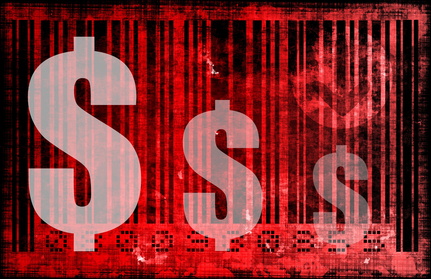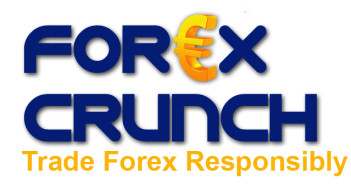The first rate decision in 2011 isn’t expected to bring any dramatic policy change, yet it will rock the dollar, especially if the inflation is mentioned. Here’s a preview for this big event.

What’s expected
I believe we won’t see any change in the Fed’s policy this time. Only two months passed since the major announcement of QE2. The program to buy bonds at a volume of $600 billion is planned for 8 months, and after this rather short period of time, the Fed isn’t likely to hurry and change the policy.
The US economy has shown signs of improvement – the weekly jobless claims are trending lower for a few months, and purchasing managers’ indices are on the rise as well. Also consumer confidence is stabilizing and the troubled housing sector is also showing some positive signs. The statement is likely to note the small improvement in the economy, yet with a a lot of caution.
Hawks and Doves
Every year, the composition of the voting members on the FOMC changes. There’s a notion that the current composition is slightly more hawkish, but the hawks don’t wish to cause instability by reversing past policies. Even if they didn’t agree with them at the time – they don’t want to be marked as dissenters.
The hawks might prevent an expansion of QE2 or QE3, but at this stage, they won’t rush to form an opposition to Ben Bernanke, especially not in their first opportunity to vote.
Inflation and forex impact
I expect the decision to trigger choppy trading, as always. If there’s no change whatsoever from the previous statement, the dollar is likely to continue the current trend and tick down.
The only surprise could come if the statement expresses some worries from global (not American) food inflation – this could boost the dollar, but the chances of such a scenario are slim. Up to now, the Fed hasn’t expressed fear from inflation but rather from deflation. One of the goals of QE2 is to fight deflation, to cause prices to rise thus pushing consumers to buy and not wait for prices to fall.
Currently inflation doesn’t seem significant in the US, but it is strongly felt around the world: China and India are struggling, Britain’s stubborn price rise refuses to settle and causes a heated debate, and even in debt-stricken Europe, inflation is on the agenda.
When Jean-Claude Trichet focused on inflation in the recent ECB decision, the Euro rallied. Will the dollar rally on any obscure wording about inflation?
Note that after the initial shock triggered by the announcement, there are aftershocks usually seen when the Tokyo session commences. The final reaction is in the morning after – at the wake of the European session, although it’s likely to be more muted this time.
